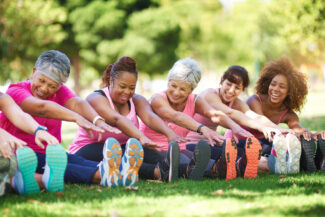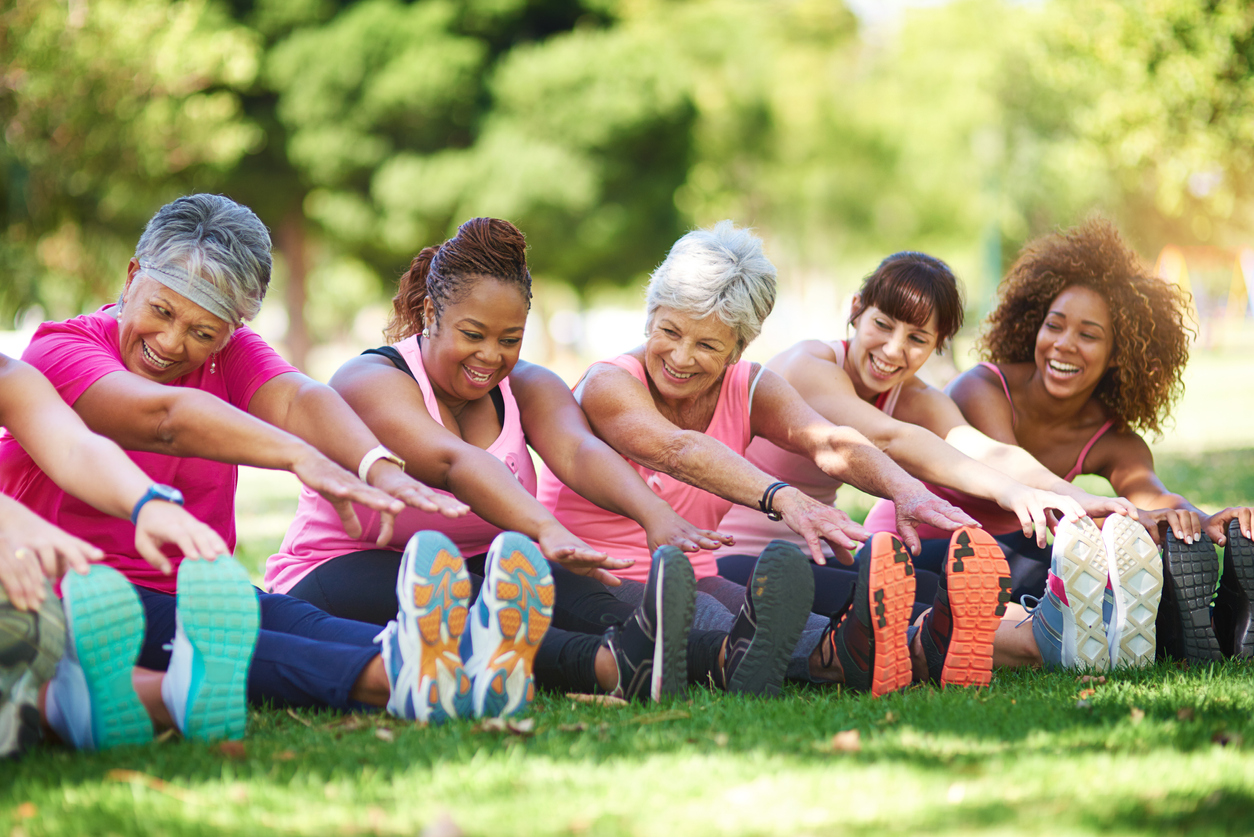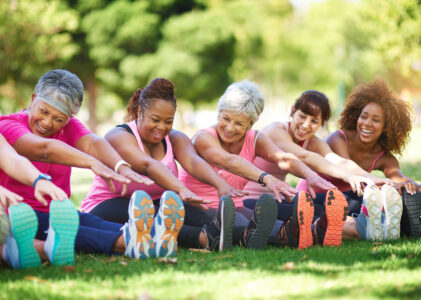
As we age, the risk of falling is something that should be taken very seriously. Unfortunately, it is common for people to feel embarrassed when they suffer a fall, which causes them not to inform their loved ones or health care team. A fall can cause older adults to become scared they will fall again, which can lead to isolation and depression.
Fall Risks
Falls are a primary cause of non-fatal and fatal injuries for older adults. As we age, we lose bone density or can develop osteoporosis, a disease that causes the bones to become weaker. This can lead to balance issues or an increased chance of breaks.
Falling can lead to head injuries, broken bones and fractures, and other serious injuries. Falls also put a financial strain on individuals, many of whom are living on a limited income. The average hospital bill for a fall injury is over $30,000. Not only does this put undue stress on the individual, but it also puts a great deal of stress on their caregivers and loved ones. Each year, more than 300,000 older adults are treated for hip fractures, with the costs of falling exceeding $50 billion annually.
As we age, we must keep moving and stay active as much as possible for our overall health and well-being. The effects of a fall can hinder an individual from engaging in everyday activities and social engagements. A person’s quality of life is greatly compromised after a fall due to feeling helpless, physical decline, and depression.
Fall Prevention Tips
Family and caregivers must have honest conversations with the people they care for and talk openly about fall risks. Some steps that can help reduce the risk of falling include:
- Removing cords, shoes, books, papers, etc. out of walkways
- Make sure the carpet is secured to the floor
- Avoid using area or throw rugs
- Be aware of your pet at all times
- Use handrails for stairways
- Clean up spills immediately
- Arrange your furniture so there is ample space to move between
It is important to always be aware of your surroundings and watch where you are walking, even in familiar surroundings. Losing balance occurs more easily as we age, which can increase our risk of falling.
Staying physically active is extremely important as you get older because the less active you are, the higher the risk you have of falling. Balance and strength play a vital role in fall prevention strategies. Speak with your doctor about your fall risk factors and develop a plan to help you maintain your overall health and well-being. Learn more about how to lower your risk of falling and Falls Prevention Week for Older Adults.
Healthy Aging
Healthy aging begins when we are young and probably not even thinking about our later years. It involves taking care of ourselves both physically and mentally and developing healthy habits that we can carry through our entire lives. When we take care of ourselves, we build resilience which is important as our bodies begin to age.
Older individuals matter and contribute a great deal to their communities, whether it be through volunteering, helping to support their families, or becoming a caregiver. As we age, our window of opportunity seems to get smaller and smaller due to negative connotations about aging. As a result, that can lead to poorer overall health. Find more resources for Healthy Aging, such as tips for staying active and involved in your community, and learn more about injuries, conditions, and diseases that affect the older generation.
Greater Waterbury Imaging Center (GWIC) is committed to delivering exceptional care for our patients with comprehensive, whole-body MR imaging services. Our team of compassionate technologists is dedicated to your overall health and strives to make your experience with us as comfortable as possible.
Greater Waterbury Imaging Center (GWIC) cares deeply about the health and well-being of all our patients and encourages you to engage in physical activity with the guidance of your physician. Contact us to learn more about our body and orthopedic MR imaging services.


